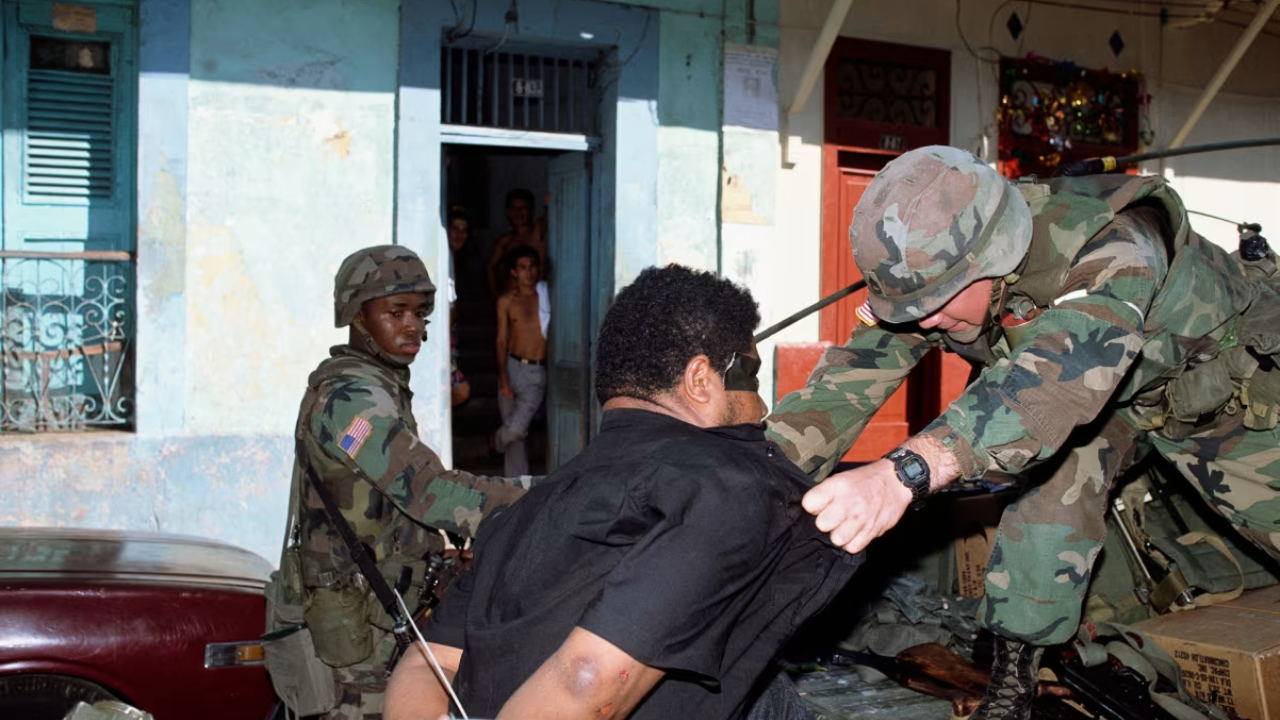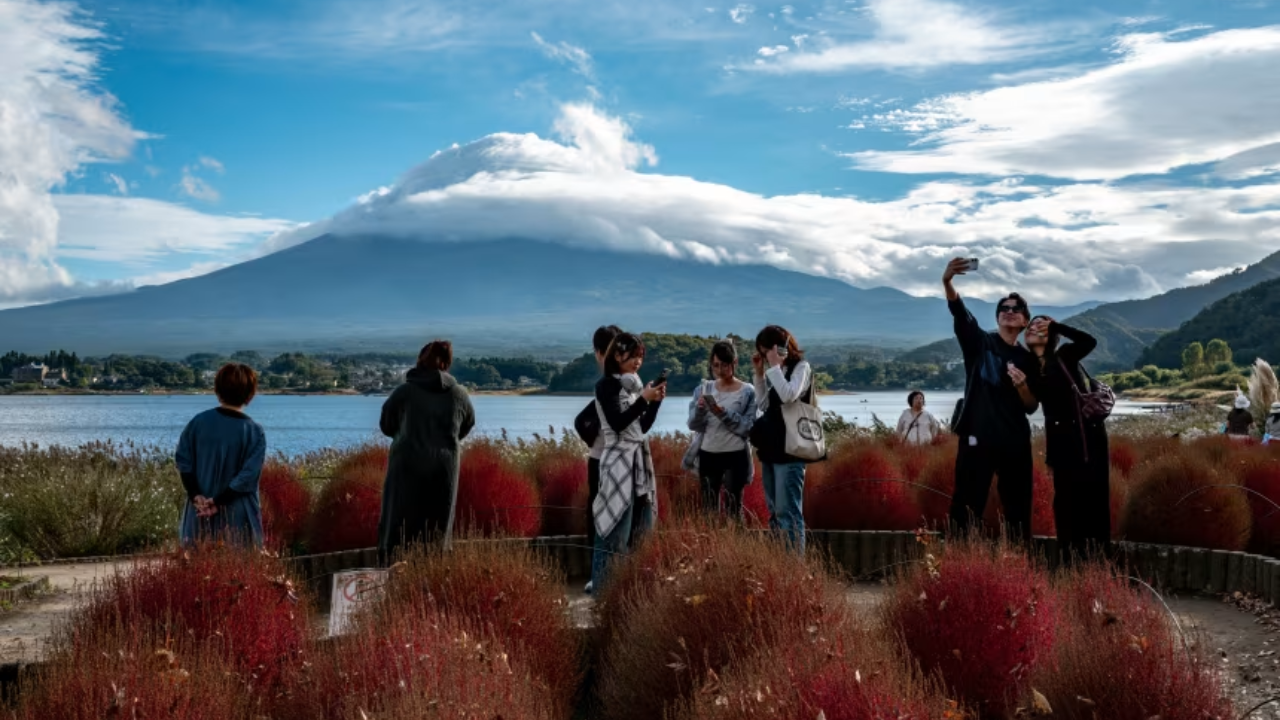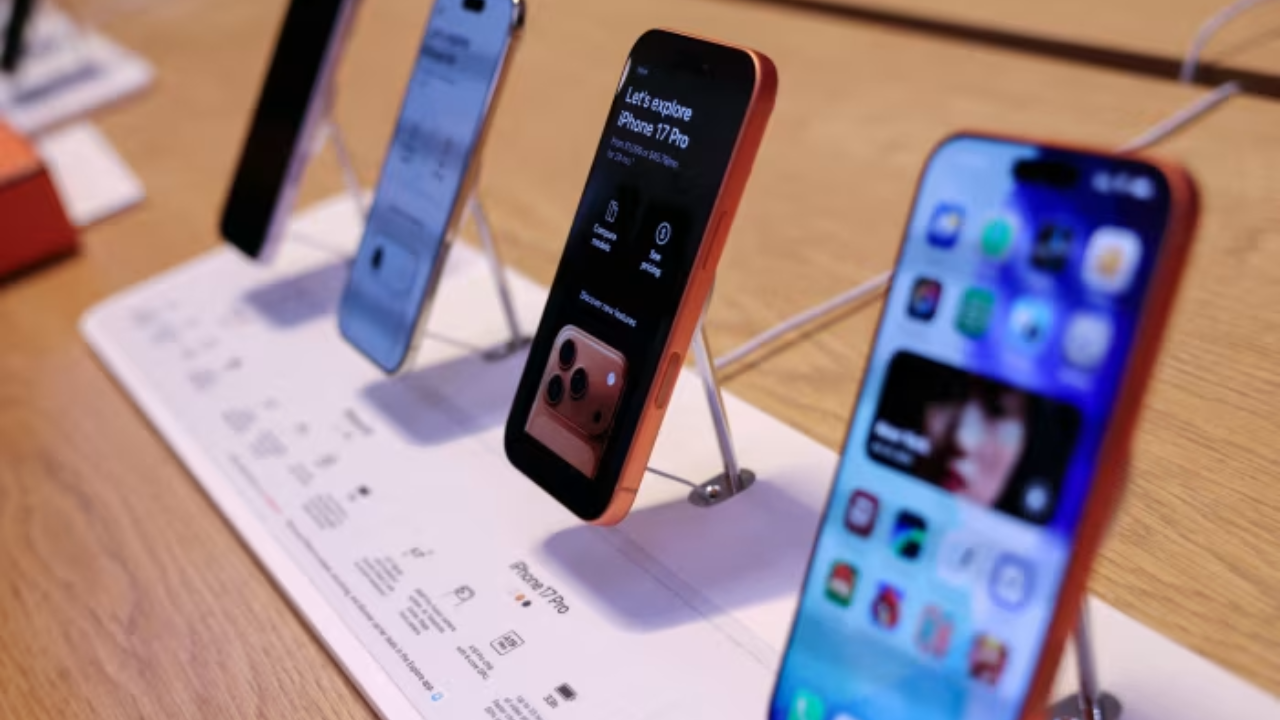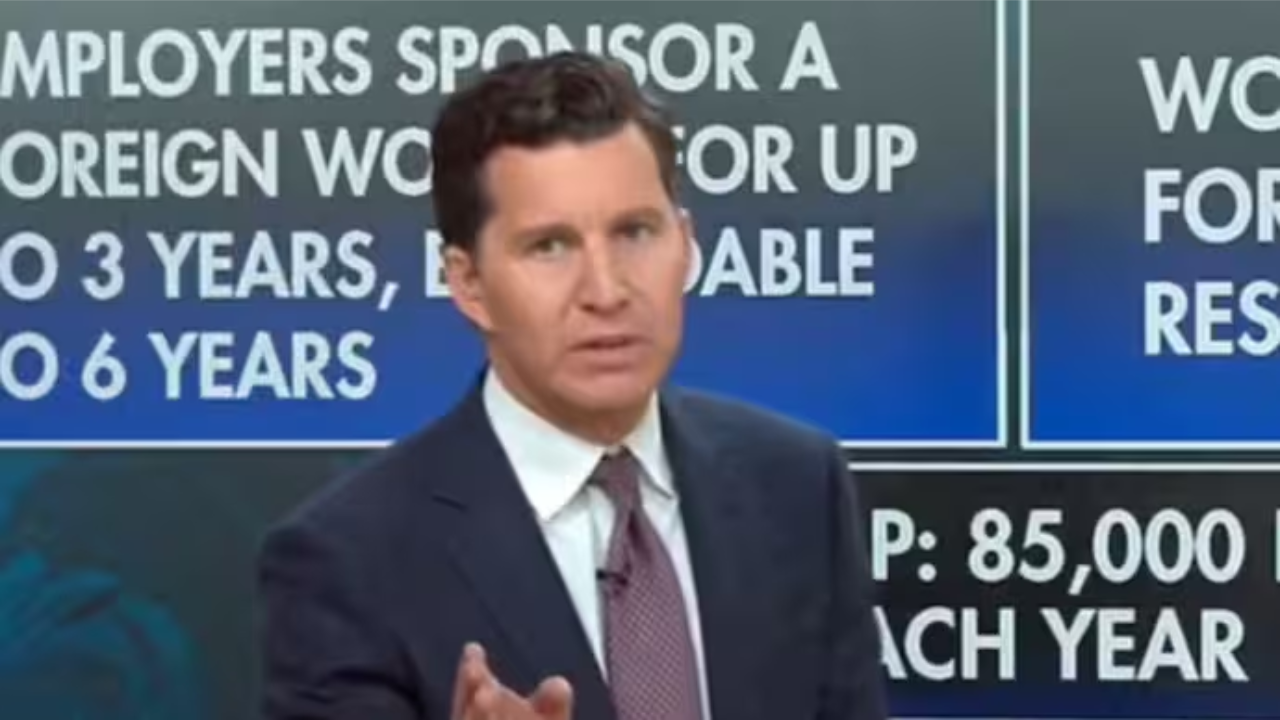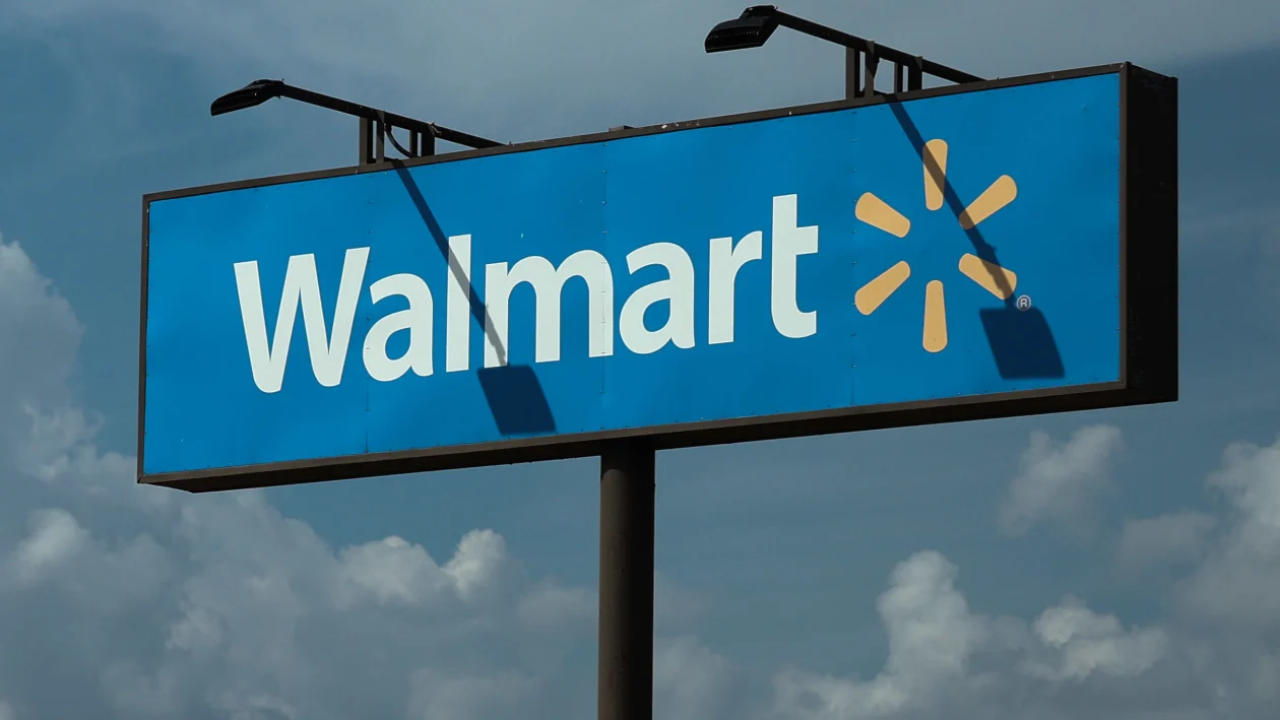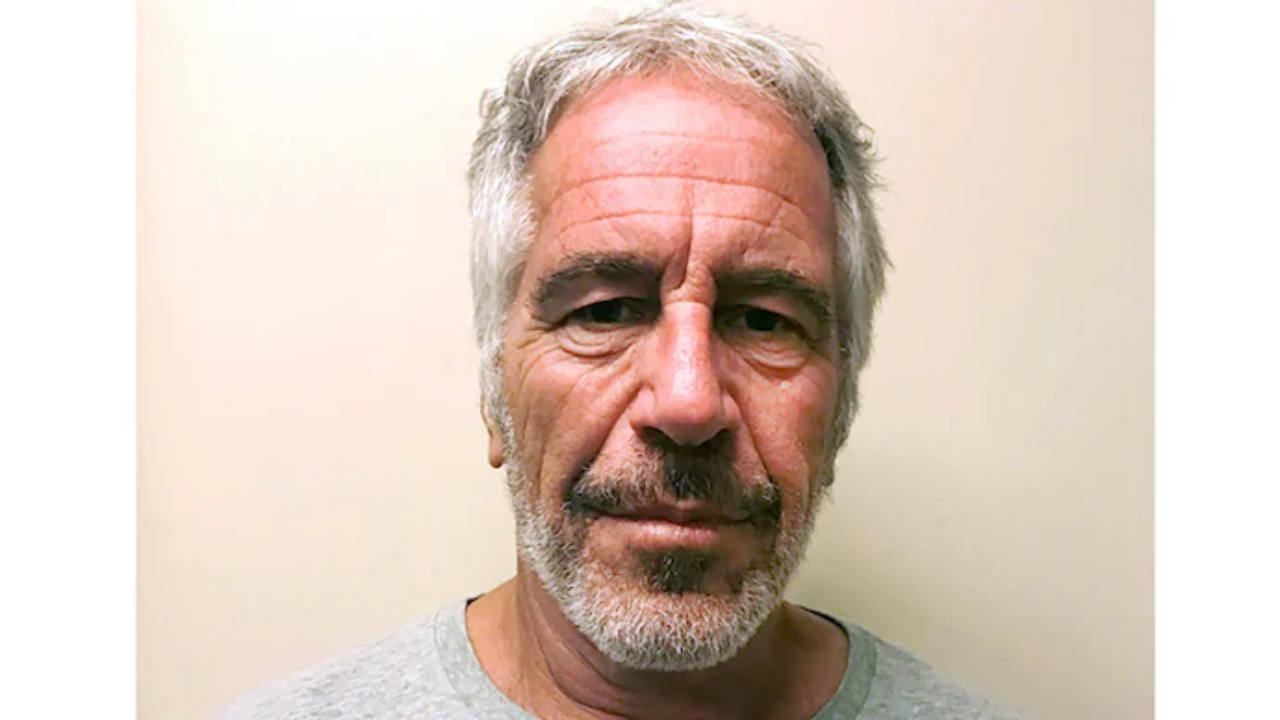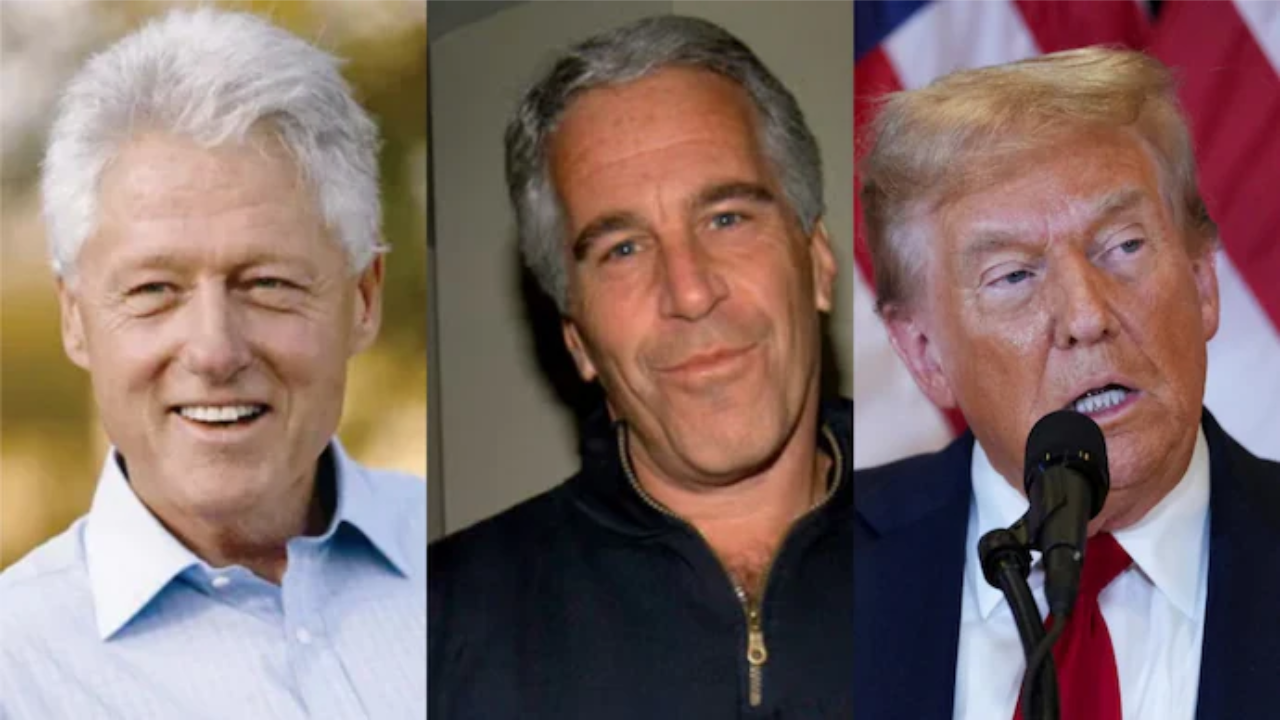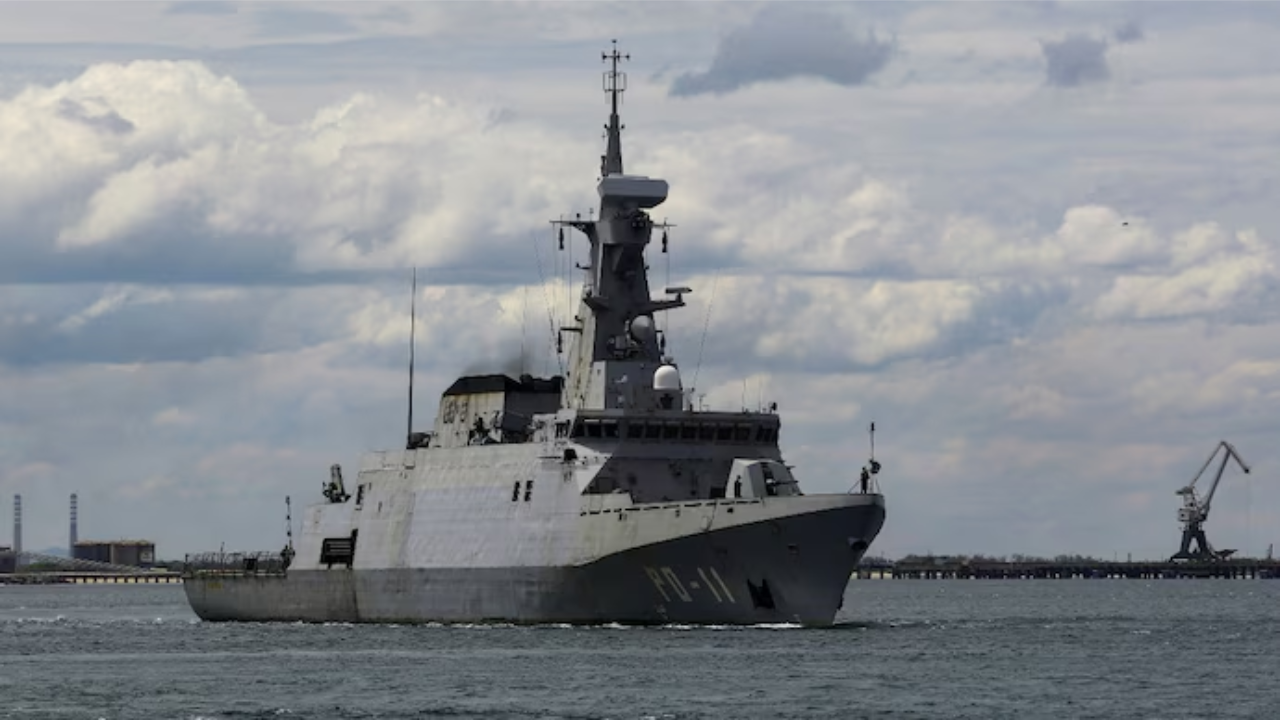As Washington weighs military options against Venezuelan strongman Nicolás Maduro, the 1989 invasion of Panama to depose Manuel Noriega is frequently cited as a model—however imperfect. Both leaders are/were Latin American strongmen accused of drug trafficking, election rigging, and defying the White House, leading to a US indictment for both.
However, the geographical and demographic differences between the two nations highlight the massive risks of repeating a “Panama-style” operation:
- Scale: Venezuela’s population is over 28 million—more than ten times that of Panama in 1989—and its landmass is significantly larger.
- Geography: Unlike Panama, which hosted US military bases and offered a confined target, Venezuela presents challenges of impenetrable jungles and dense, heavily-armed slums.
- The Day After: Analysts, like former Ambassador Frank Mora, warn that while US forces could easily topple the regime, the greater problem would be maintaining order in a country that has already suffered a massive economic collapse.
- Inner Circle Resistance: Like Noriega’s allies, many in Maduro’s inner circle face US indictments and rewards for their capture, making them highly unlikely to allow him to step down without a fierce fight.
The lesson from 1989 is clear: removing the leader is only the first step. For Venezuela, the scale of the subsequent stabilization effort would be unprecedented.
From Noriega to Maduro: The US Weighs Military Action in Latin America
Thirty-six years after Operation Just Cause removed Panamanian dictator Manuel Noriega—a drug trafficker and election rigger who defied the White House—Venezuela’s Nicolás Maduro presents a strikingly similar geopolitical challenge.
Echoing the rhetoric of 1989, Senator Lindsey Graham recently called out a “drug caliphate” involving Venezuela. The analogy is simple: Maduro, like Noriega, is a public enemy number one, indicted by the US for trafficking, and refusing to yield to international pressure. The original mission—remove a corrupt, destabilizing strongman—appears identical.
Yet, this blueprint is riddled with flaws:
- Size Matters: A military operation in Venezuela means dealing with a country over ten times the size of Panama, without the advantage of pre-existing US bases.
- Complexity: Venezuela’s vast and volatile terrain, including dense jungles and slums controlled by armed gangs, offers no parallel to the relatively contained military operation in Panama City.
- Endgame: The greatest hurdle is not defeating the Venezuelan military, but managing the aftermath. Experts fear that a swift military victory would merely lead to an ungovernable country.
Regional support is also waning, with the President of Panama publicly stating the country would not allow its territory to be used for any hostile act against Venezuela. The stage is set for a confrontation, but unlike Panama, the Venezuelan endgame remains dangerously unclear.
